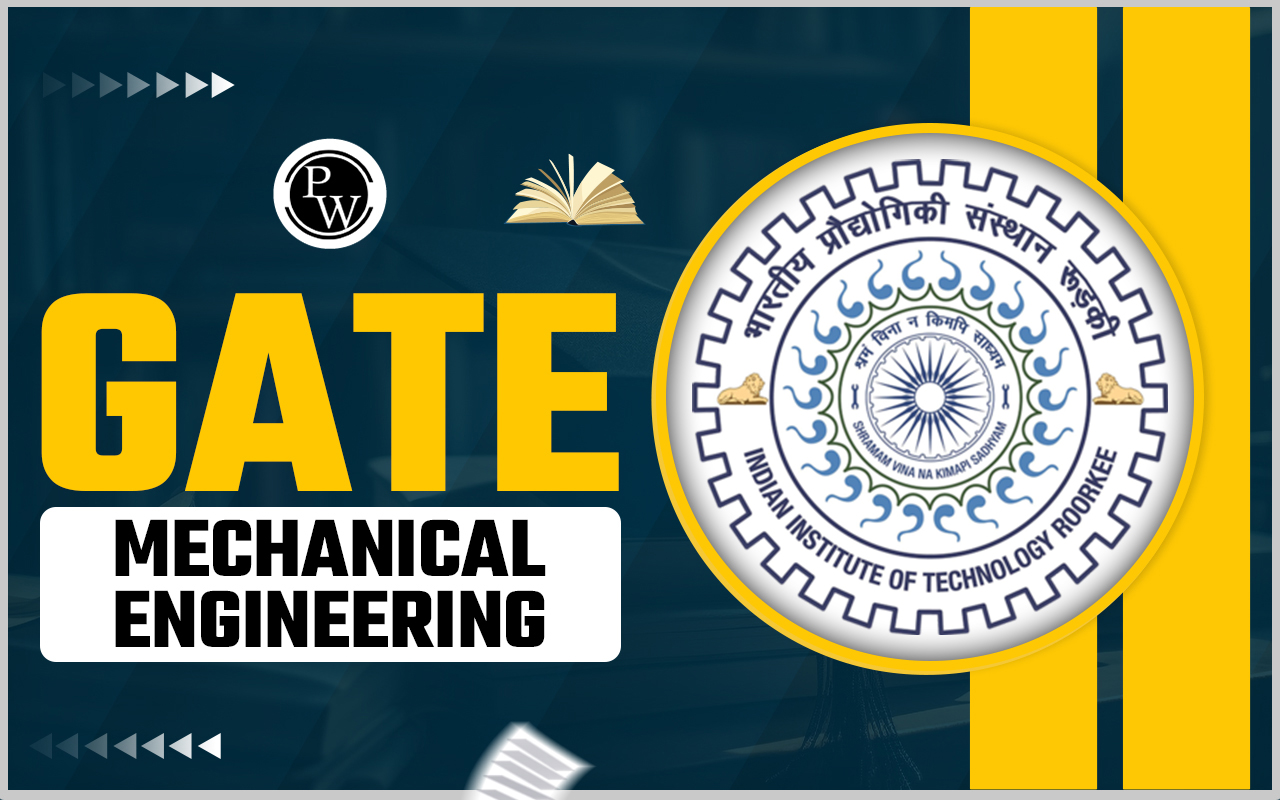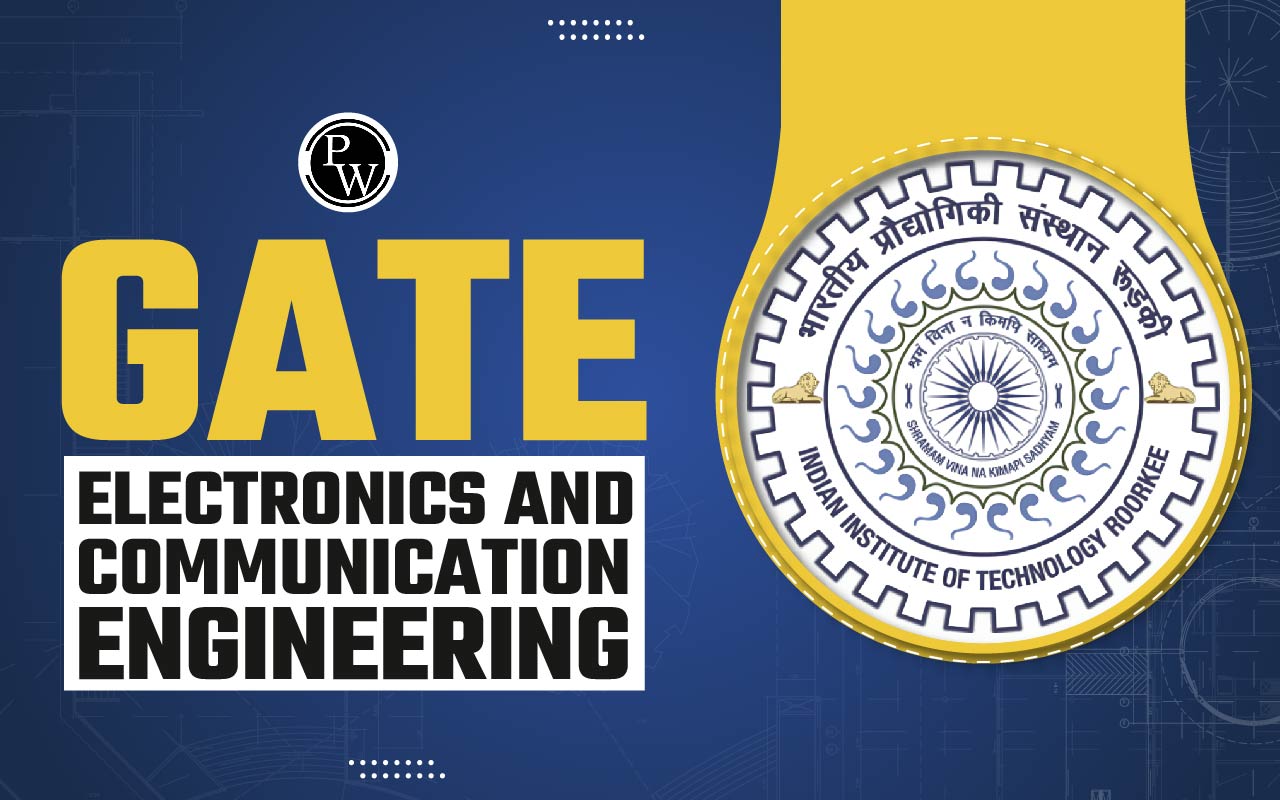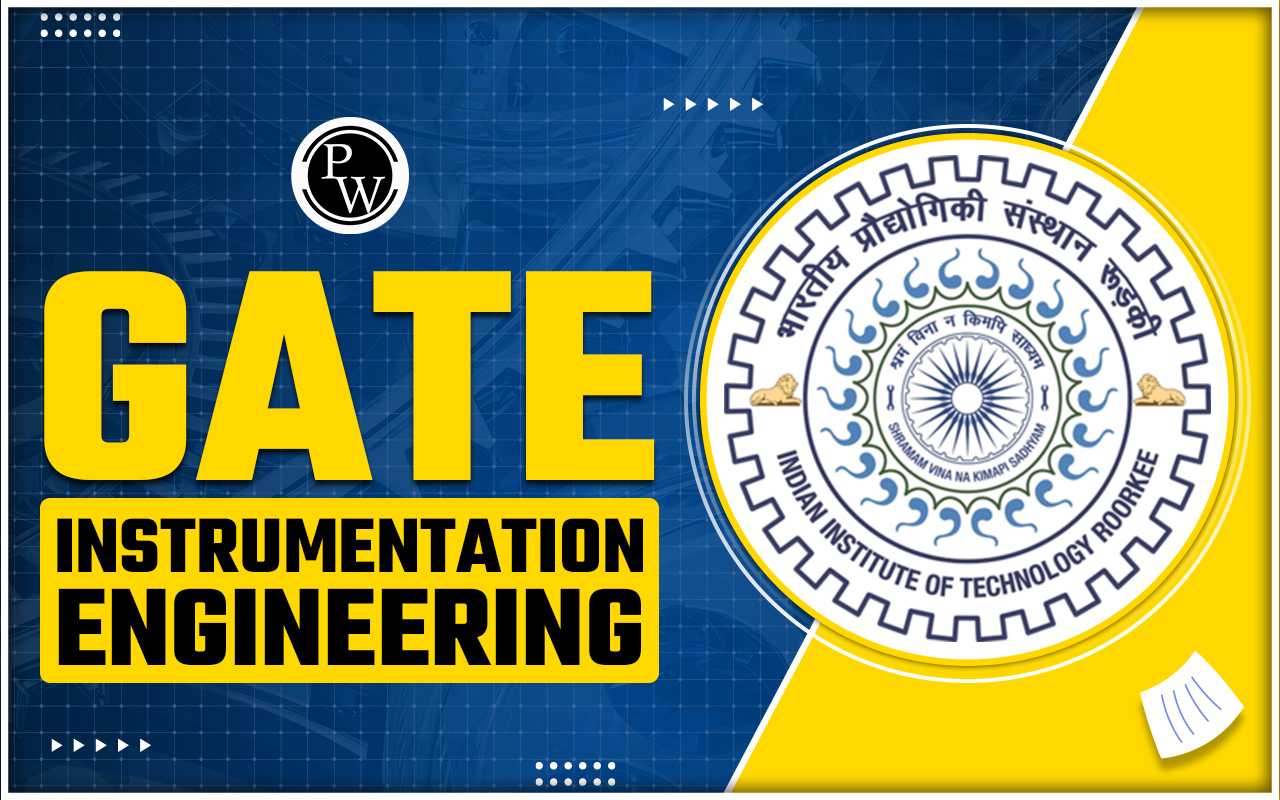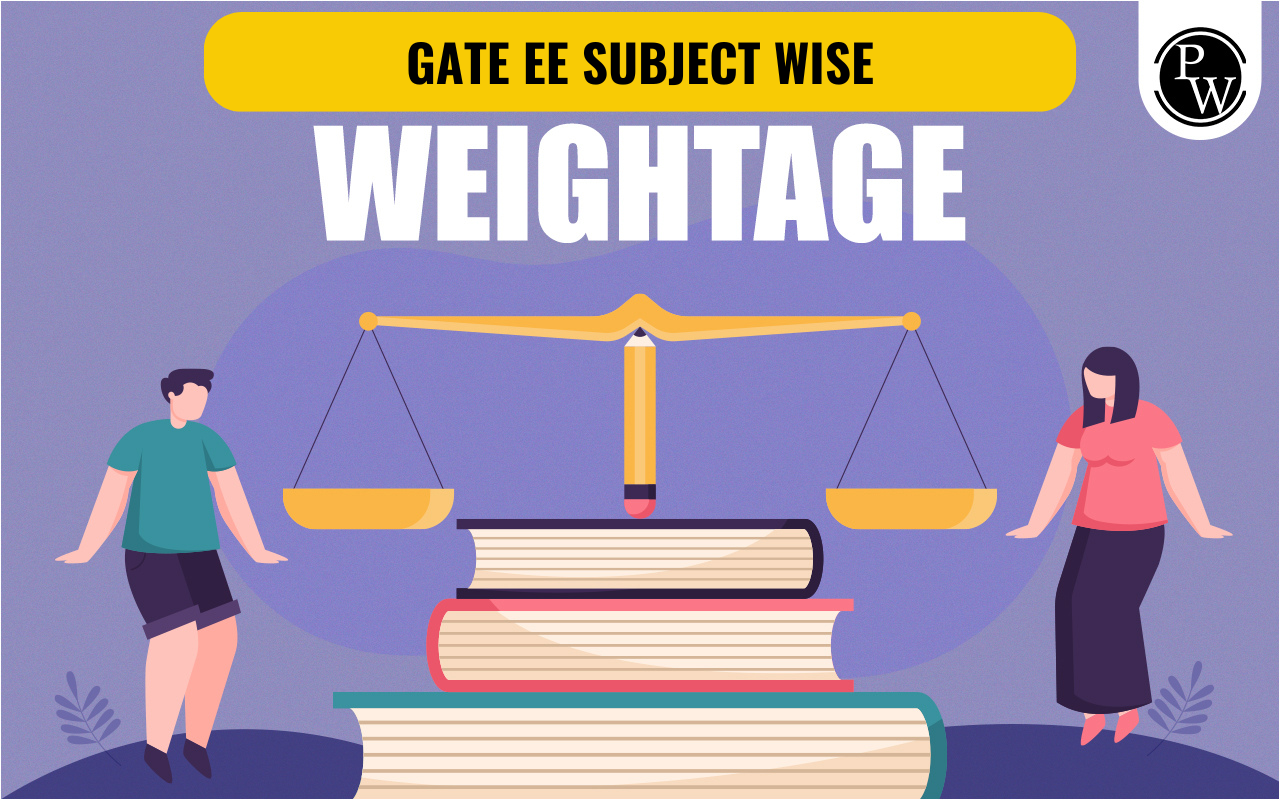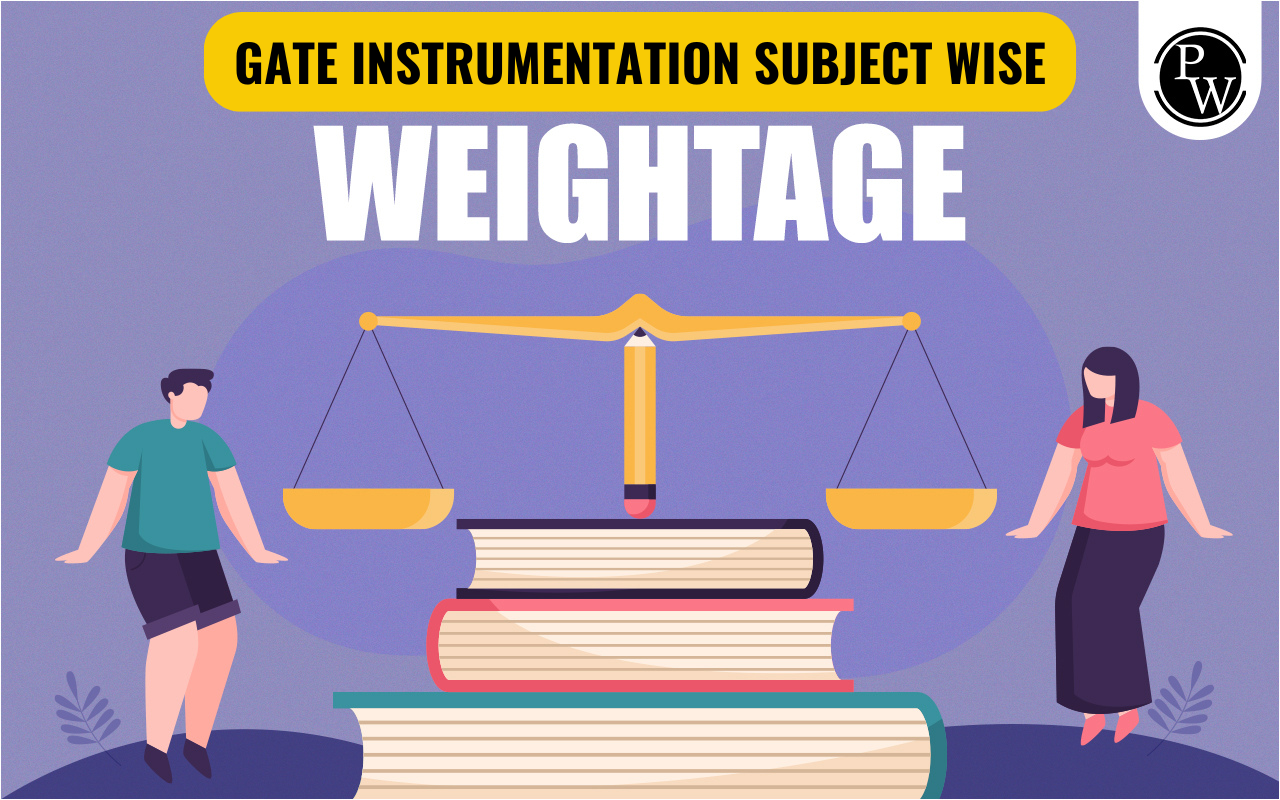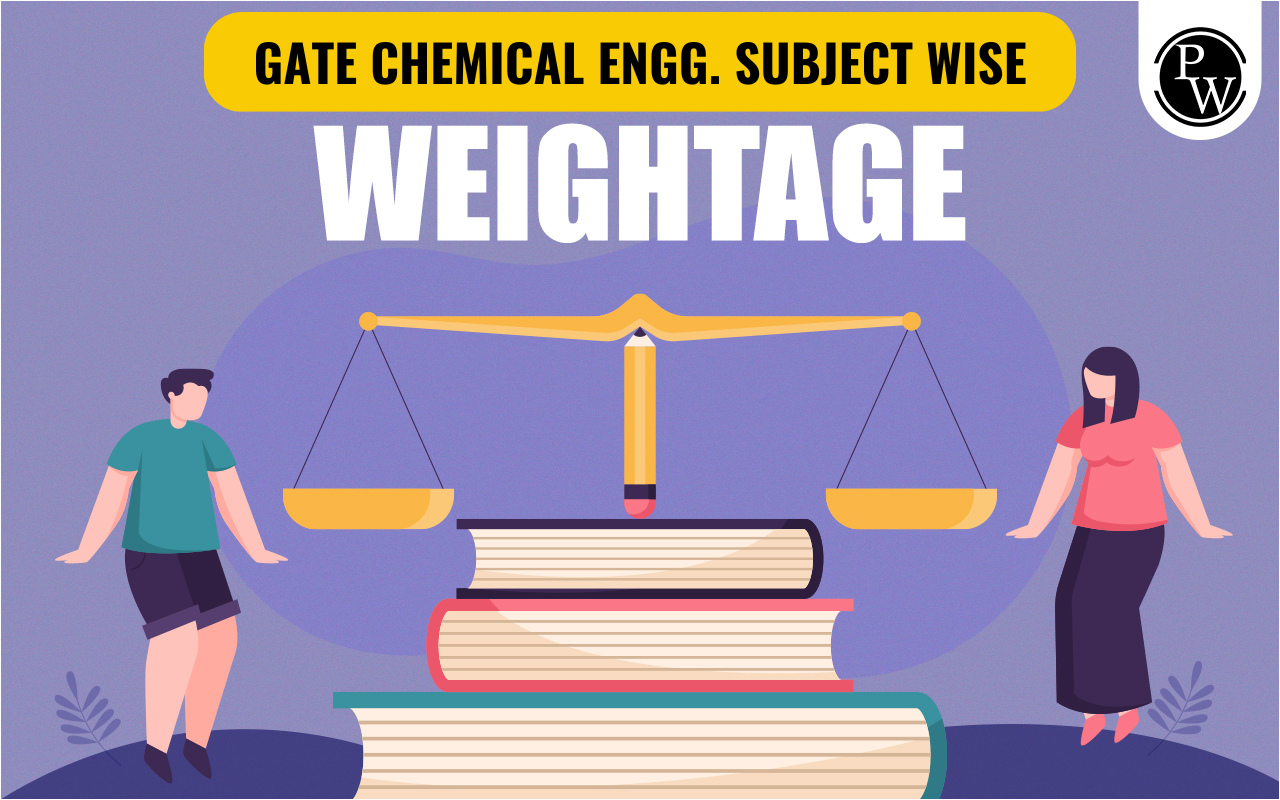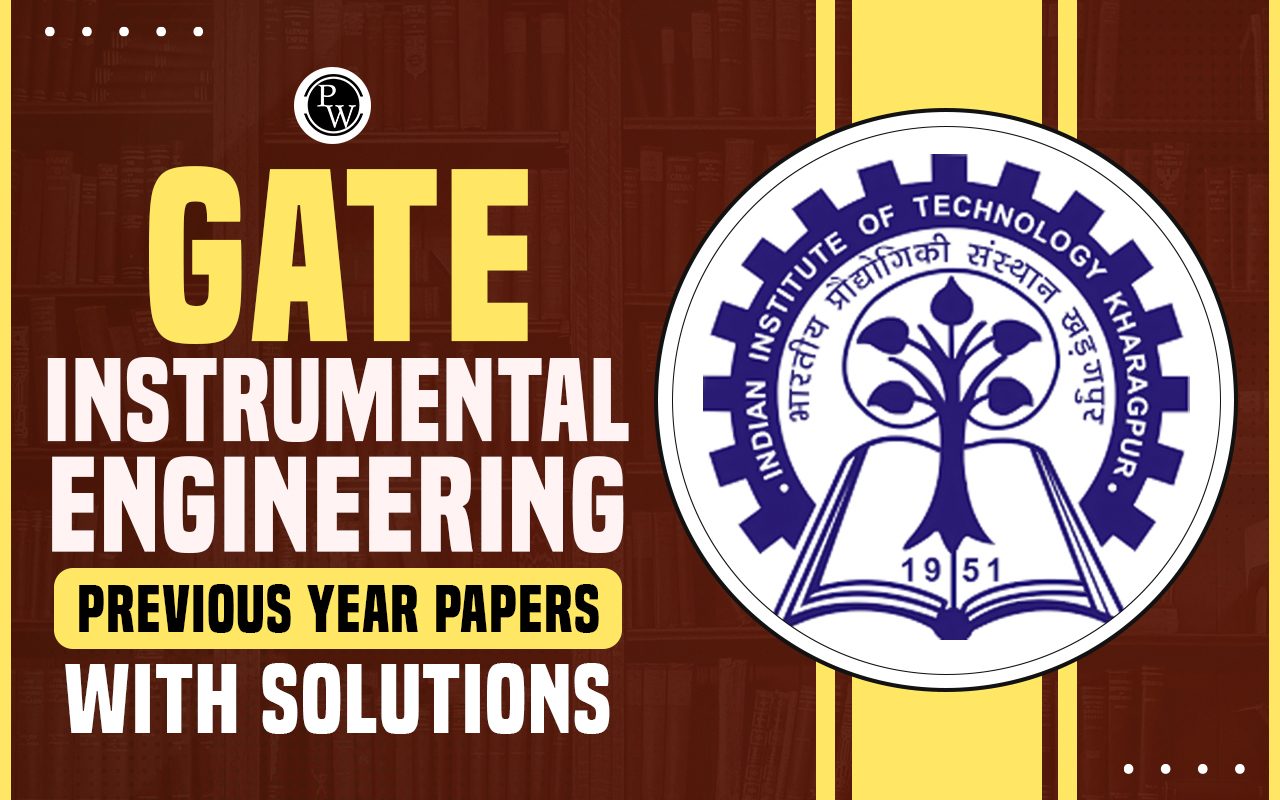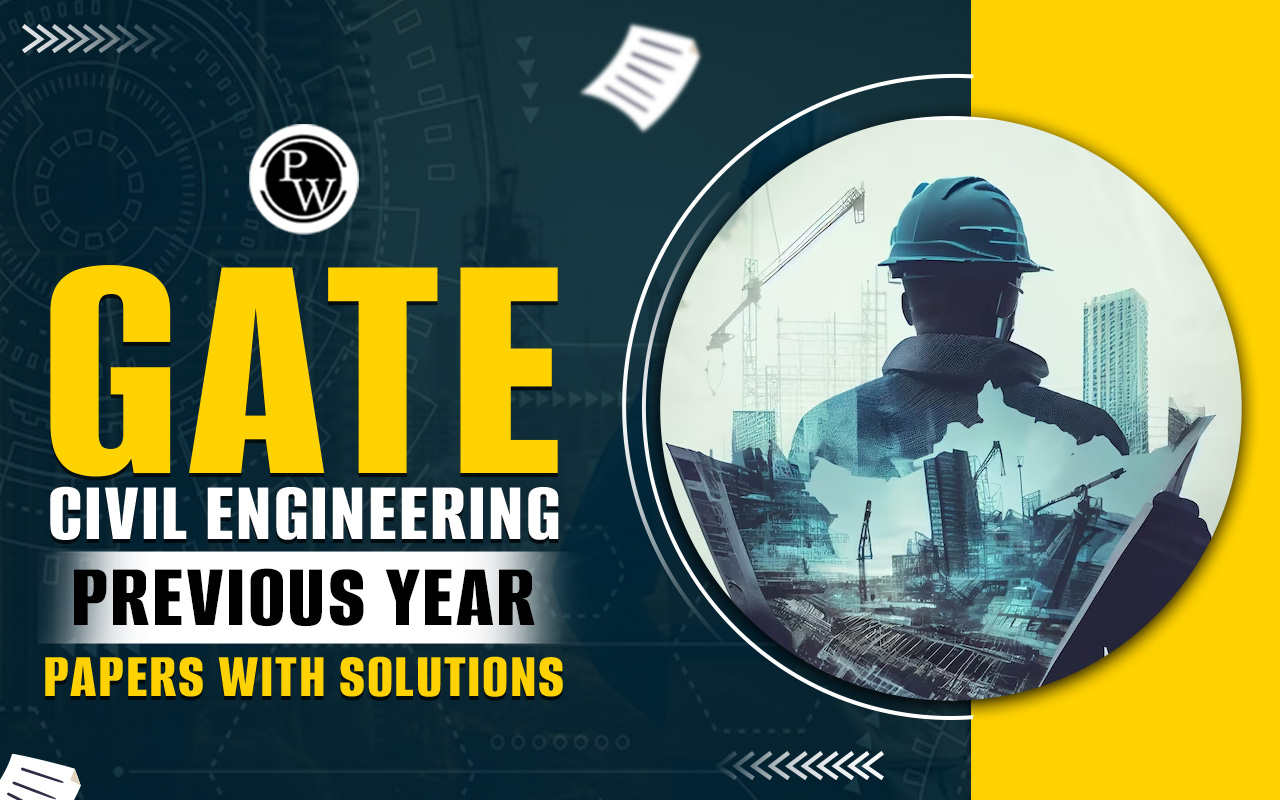
GATE Architecture and Planning Engineering Syllabus 2026: The Graduate Aptitude Test in Engineering for 2026 will be hosted by IIT Guwahati to facilitate postgraduate admission and PSU recruitments. Those who wish to take the GATE 2026 examination for the Architecture and Planning Engineering discipline must kick-start their preparation by reviewing the entire syllabus.
The GATE Syllabus for AR is divided into two sections,, i.e. General Aptitude and Core Subjects to assess candidate's comprehensive knowledge. A thorough understanding of the syllabus is crucial for aspirants to plan their structured preparation journey. You can find the topic-wise bifurcation of the complete GATE Syllabus for Architecture and Planning Engineering for the forthcoming exam below.
GATE 2026 Architecture and Planning Engineering Syllabus
To prepare effectively for the GATE AR exam, candidates have an in-depth understanding of the syllabus. The syllabus covers an array of topics from which questions will arise in the examination. Aspirants must ensure to cover the detailed syllabus well to maximise their chance of securing the highest score.
The GATE AR Syllabus is extensive, to assist your preparation, we have provided the subject-wise breakdown of the syllabus. Before starting the preparation, candidates are advised to understand the syllabus to know the weightage of topics.
GATE Architecture and Planning Engineering Syllabus
Aspirants must check out the GATE AR Syllabus 2026 and plan their exam preparation strategy accordingly to secure top marks. The GATE syllabus 2026 includes the subjects that are essential for exam preparation.
General Aptitude and Core Subject are the two major areas of the GATE AR syllabus. The core topic syllabus is broken into three parts: part A, part B1, and part B2, with each part being further subdivided into various sections. The subsections of GA include verbal ability and numerical ability.
- The general aptitude syllabus carries a total of 15 marks.
- The core subject syllabus carries 85 marks , which is divided into parts A (60 marks) and parts B (25) marks.
- From the GA section of the GATE 2026 syllabus, 5 questions for 1 mark and 5 questions for 2 marks will be asked.
- There are 25 questions for 1 mark and 30 questions for 2 marks in the core subjects.
GATE Architecture and Planning Engineering Syllabus 2026 For General Aptitude
General Aptitude is the common section for all the Engineering streams. It carries 15 marks. Here is the syllabus for the general aptitude section-
| GATE AR General Aptitude Syllabus 2026 | |
| Topics | Sub-topics |
| Verbal Ability | Verbal Analogies, Verbal Deduction, Word Groups, English Grammar, Sentence error |
| Numerical Ability | Numerical reasoning, Numerical Computation, Numerical Estimation |
GATE Architecture and Planning Engineering Syllabus 2026 For Core Subjects
The GATE Syllabus for Architecture & Planning (AR) is divided into 2 sections - Part (A) & Part (B). Among these sections, Architecture & Design holds importance in the field of Architecture and Planning. To have a better understanding of the topics covered, candidates can refer to the syllabus provided below for Architecture and Planning.
| GATE AR Core Subject Syllabus 2026 | |
| Parts | Syllabus |
| Part A (Common portion) |
|
| Part B1 ( Architecture) |
|
| Part B2 (Planning) |
|
GATE Architecture and Planning Engineering Syllabus 2026 PDF
The GATE Architecture and Planning engineering syllabus PDF will be released along with official notification. The syllabus includes Architecture, Planning, and Design, Construction and Management, Building and Structures, Environmental Planning and Design, Urban Design, Landscape, and Conservation, Urban Planning and Housing, Planning Techniques and Management, Services, Infrastructure, and Transportation.
The GATE 2026 syllabus for Architecture & Planning guides candidates on which topics to focus on during their study. By referring to the GATE 2026 Architecture syllabus, candidates can determine the most relevant study material to aid their preparation.
GATE Architecture & Planning Engineering Syllabus PDF
GATE AR Syllabus 2026 - Weightage of Topics
It should be clear from the table to every aspirant that to ace the exam, it is crucial to read the subject mentioned. All the data on the topic-wise weightage is shown in the following table:
| GATE Topics | Expected Weightage (Marks) |
| Building and Structure | 25-30 |
| Planning Techniques and Management | 10- 15 |
| Architecture & Design | 20-30 |
| Urban Planning and Housing | 15-20 |
GATE Architecture and Planning Engineering Exam Pattern 2026
The GATE Exam Pattern for Architecture and Planning Engineering consists of 65 questions for 100 marks. The maximum number of the questions will come from the syllabus for the core subjects, while the remaining 10 will come from the sections on general aptitude. The GATE AR exam format has been changed the previous year.
There will be three components in the exam, including General Aptitude, Part A, and Part B (which is further separated into Parts B1 and B2). All candidates must take General Aptitude and Part A, and they must choose one of Parts B1 or B2 from the list of options.
Important subjects include planning techniques and management, urban planning and housing, building and structures, and architecture and design. You can only take GATE Civil Engineering as your second paper if you chose GATE Architecture & Planning (AR) as your first paper.
| GATE Architecture and Planning Engineering Exam Pattern 2026 | |||
| Sections | Number of Questions | Marks per Question | Total Marks |
| General Aptitude (GA) | 10 | 5 questions × 1+ 5 questions × 2 | 15 |
| GATE Architecture & Planning Core Subjects | - | - | - |
| Part A (mandatory part) | 39 | 18 questions × 1+ 21 questions × 2 | 60 |
| Part B | - | - | - |
| Part B1 ( Architecture) | 16 | 7 questions × 1+ 9 questions × 2 | 25 |
| Part B2 ( Planning) | |||
| Total | 55 questions | 100 Marks | - |
Elevate your GATE readiness with Physics Wallah’s GATE Online Courses . PW GATE Online Coaching offers comprehensive live sessions tailored to the syllabus, invaluable study materials, practice tests, and much more
GATE Architecture and Planning Engineering Syllabus 2026 FAQs
Q. How to download the GATE Architecture and Planning Engineering Syllabus PDF?
Q. What is GATE Architecture and Planning Eligibility?
Q. What is the GATE Architecture and Planning engineering Syllabus 2026?
Q. How should you prepare for the GATE Architecture exam?

